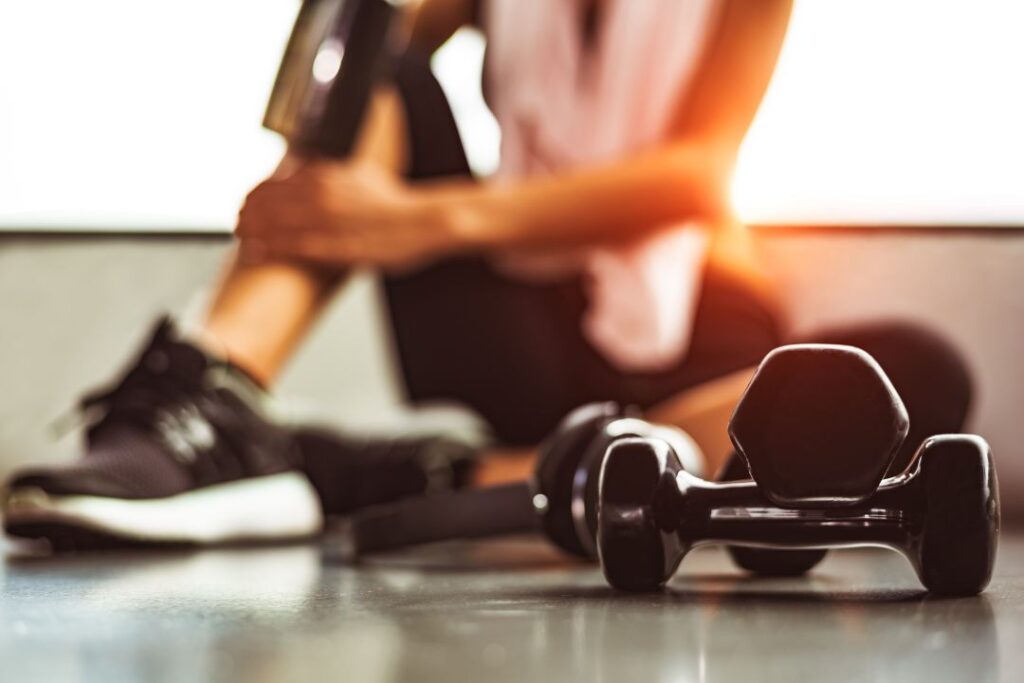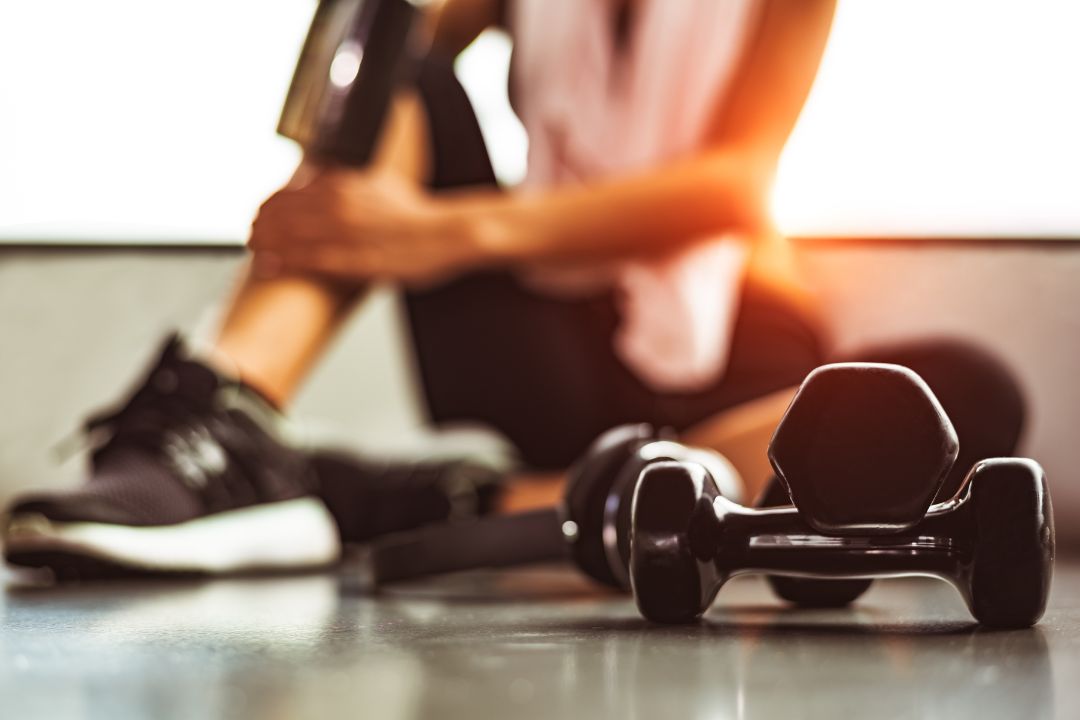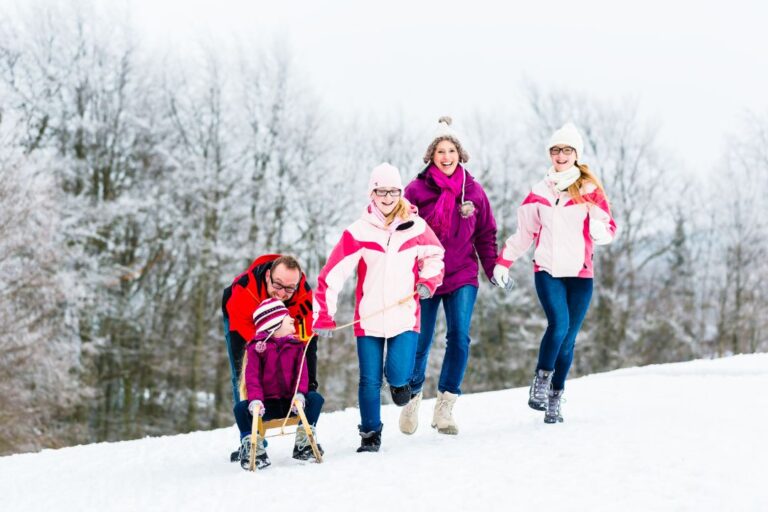How to Prevent Varicose Veins
 What Are Varicose Veins?
What Are Varicose Veins?
Varicose veins are enlarged, twisted veins that are most commonly found in the legs and feet. Why the legs and feet? That’s because standing and walking puts extra pressure on the veins in the lower body. They are often blue or dark purple and have a bulgy, twisted appearance. These varicose vein prevention tips will help you lower your risk of developing them in the first place.
Causes of Varicose Veins
The key player here is gravity. With time, the pressure of your body weight and the task of carrying blood back to the heart can cause your veins to weaken.
Risk Factors for Varicose Veins
Some people are more likely to develop varicose veins due to factors like aging, genetics, obesity, pregnancy, and prolonged standing.
Why is Varicose Vein Prevention Important?
Not only are varicose veins potentially unattractive they can also lead to health problems.
Health Implications of Varicose Veins
Varicose veins can cause aching pain and discomfort. In severe cases, they can lead to more serious conditions like venous leg ulcers or blood clots.
Quality of Life Concerns
Varicose veins can impact your self-esteem, limit your wardrobe choices, and restrict activities due to discomfort or embarrassment.
Varicose Vein Prevention Tips
The good news? There are practical steps you can take to prevent or slow the development of varicose veins.
Healthy Diet Choices
A diet high in fiber and low in salt can reduce the chances of developing varicose veins.
Foods to Avoid
Excessive salt and low-fiber foods can increase swelling, which can lead to varicose veins.
Regular Exercise
Physical activity promotes blood circulation, which can prevent varicose veins.
Effective Exercises for Varicose Vein Prevention
Walking, cycling, swimming, and yoga can be particularly effective.
Proper Clothing Choices
Wearing tight clothing and high heels can exacerbate varicose veins.
Types of Clothing to Avoid
Anything that constricts your waist, legs, or groin can hinder blood flow and worsen varicose veins.
Good Posture and Habits
Avoid sitting or standing for prolonged periods, and keep your legs elevated when resting.
Dos and Don’ts
Do elevate your legs. Don’t cross your legs when sitting.
Medical Interventions for Varicose Vein Prevention
Sometimes, lifestyle changes are not enough. Medical interventions may be necessary for prevention.
Compression Stockings
Compression stockings can be an effective method for managing varicose veins.
How They Help
They work by applying gentle pressure to your legs, promoting blood flow and reducing discomfort and swelling.
Medication and Supplements
Certain medications and supplements can help improve blood flow and prevent varicose veins.
What to Consider
Always consult a healthcare provider before starting any new medication or supplement regimen.
Conclusion
Varicose veins can be a painful and unsightly condition. However, with the right preventive measures like proper diet, exercise, and lifestyle changes, along with possible medical interventions, you can significantly reduce your risk.
Varicose Vein Prevention Tips FAQs
- What are the first signs of varicose veins? The first signs can include veins that are dark purple or blue in color, or veins that appear twisted and bulging, often like cords on your legs.
- Can I completely prevent varicose veins? While you can’t always completely prevent varicose veins, especially if you have a family history, you can reduce your risk and delay their progression.
- Do varicose veins always need treatment? Not always. If your varicose veins are not causing you discomfort, you may not need treatment.
- What kinds of exercises are best for varicose vein prevention? Low-impact exercises, such as walking, cycling, and yoga, can be particularly effective.
- What should I avoid eating for varicose vein prevention? You should avoid foods high in sodium and low in fiber, which can contribute to swelling and the development of varicose veins.







